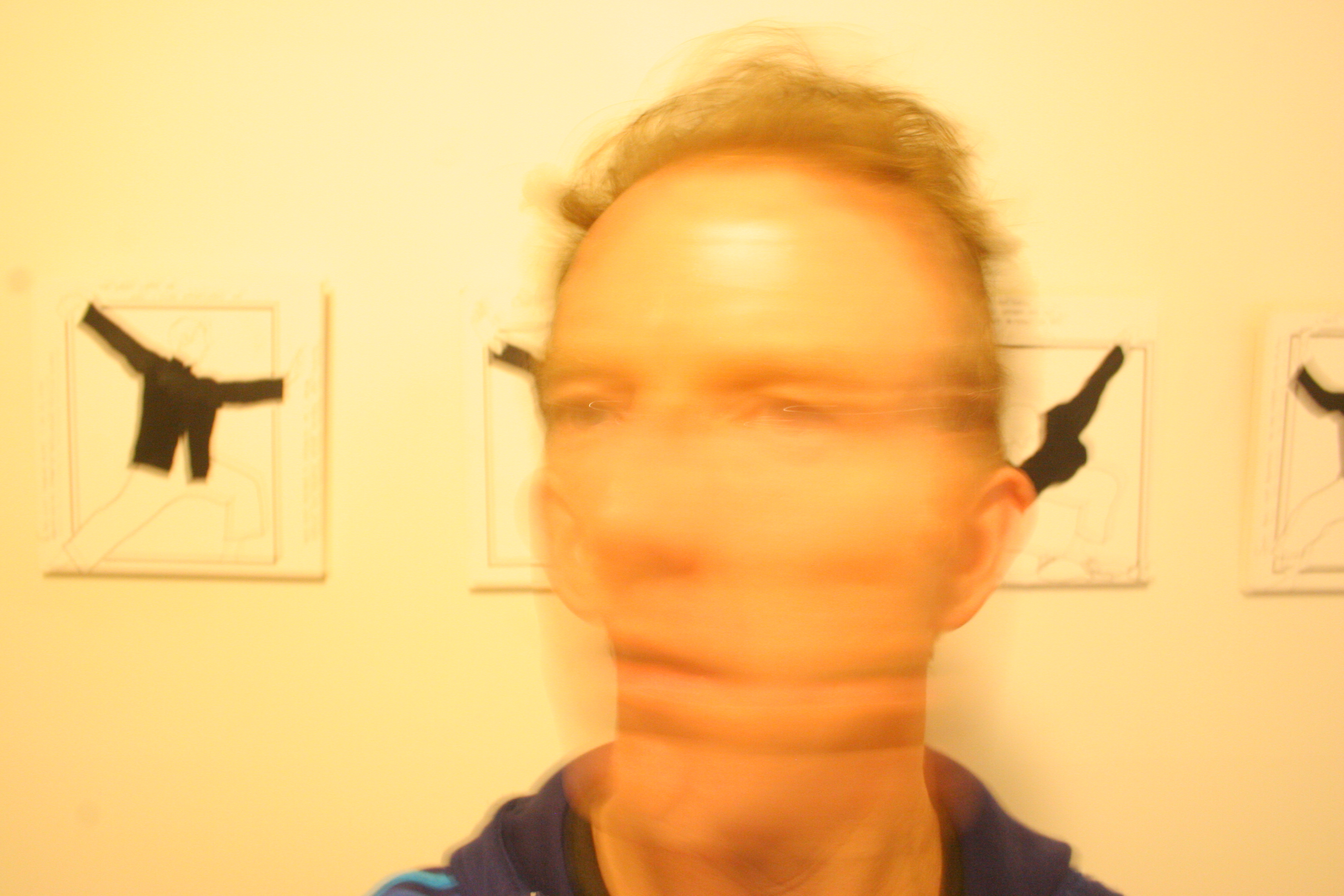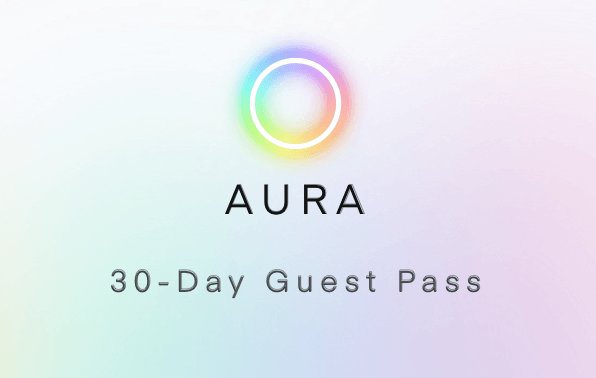“…my personality had been completely erased. That’s why I’m so boring. People stopped listening to what I was saying, and didn’t seem to notice I was there. Everybody forgot about me. I wasn’t a boy, I wasn’t a girl… I was just a cypher, a sort of glyph. Life’s very difficult when nobody knows you’re there. I couldn’t get a job because ten seconds after the interview they forgot about me. Also, it was impossible to get served in restaurants. Finally, my landlady forgot I was living in my apartment and leased it to another family. I protested, but they didn’t notice. Eventually, I moved out. I walked through the crowded streets and nobody even looked at me… They just stared straight through me. It was as if I’d somehow slipped beneath the threshold of human awareness.”
– Alan Moore, The Ballad of Halo Jones, 1985
Thus spake the Glyph, a devastatingly tragic character from sci-fi comic 2000AD‘s The Ballad of Halo Jones, a feminist tale that set itself apart from the guys and guns formula that otherwise dominated the brilliant weekly editions of England’s preeminent satirical, prescient and dystopian literary entity. Halo Jones was a wondrous 2D creation that any boy, pubescent or otherwise, was destined to fall in love with. As for the female readership, I can only imagine how thrilling it may have been to see such a nuanced, resourceful and palpably human lead protagonist that was essentially, a normal girl just fighting for her piece of life. Personally, I was struck by her wistfulness and longing, her poignant combination of vulnerability and courage, and her hard-earned rite-of-passage from plucky teenager to war-weary veteran.
She was the brilliant creation of Alan Moore, who consciously wanted to originate a female response to the more typical male storylines of 2000AD. Bringing his words and world to life were the beautiful drawings of Ian Gibson which hummed with a vivid and tantalising vitality; black and white drawings never seemed so colourful! In the midst of this thrilling saga emerged the character of the Glyph who, at the ultimate cost, served a very particular purpose at a key moment in the story. As alluded to above, the Glyph was of indeterminate gender, the result of indecision and uncertainty. I have quoted a significant section of the Glyph’s autobiographical monologue which he/she begins sharing with the eponymous heroine and a friend. By the end of his/her account, the listeners are oblivious to his/her presence and are fully engaged in the compulsive mundanity of planning their TV viewing for the evening. The Glyph, noticed, existed for the briefest of moments. The Glyph, forgotten, never existed at all.
I think it’s fair to say that the Glyph was a minor, but very powerful creation. I wasn’t seduced or intoxicated by the Glyph in the way I was by Ms. Jones, and I would be amazed if anyone was, but the Glyph exerted a chilling hold on my tragic sensibility. And I don’t know if that was merely recognition of the character’s plight or if went deeper than that; if the resonance was something that spoke to fears and anxieties I had yet to articulate for myself. And what would those fears have been? Something to do with being unloved, forgotten, ignored and unmissed, I suppose. I would state it more unambiguously as being a fear of being erased, or rubbed out, and therefore, unseen.
To be unseen is a very humbling experience. To be overlooked. To be missed, in the sense of your presence being unnoticed, rather than the opposite, which is of course far more flattering. But not to be seen is a profoundly existential problem. If you are not seen, do you exist at all? You may feel certain that you are indeed where you think you are, so to what then can you attribute your invisibility? Who wields the eraser? And is there any possibility you yourself are culpable in your own disappearance? Not to mention your role in the disappearance of others.
“All is changed, changed utterly: a terrible beauty is born.” W.B. Yeats, Easter 1916
It is a strange philosophical quandary. Are you here because you say so, or because someone else says so? My wife recently exclaimed that she felt like she didn’t exist, that she wasn’t here anymore. Life had somehow conspired to write her out of her own story. However, there was no rhetorical aspect to her musings as we were both very clear about the source of this predicament – our 3-year-old daughter. NEWSFLASH! PARENTING ROBS YOU OF IDENTITY! OF AGENCY! OF INDIVIDUALITY! OF SANITY! Our little girl, to whom we are both totally devoted, is currently a being of unbridled, beatific mayhem. I do not think she is unique from other children of her age (and some adults, it has to be said) in that she is all id. Everything is appetite. Everything is now. Everything is the prime objective of getting what she wants as soon as she can get it and woe betide anyone who stands in her way. As my wife is temporarily a full-time parent it means she gets walked on from morning to night as our daughter does whatever is necessary to achieve her aims. There is no special consideration for Mama’s feelings, or the very nature of her existence. I might be making it sound cute but the loss of a woman’s identity is a very real corollary for many mothers. This was very effectively and honestly expressed by a new mother in a recent article in which the author identified the direct causal relation between the birth of her child and the partial death of her former self.
My wife, and the woman in the article, and countless others, regardless of parental status, get on with it. That’s what most of us do. Life compels us. Survival compels us. But that does not invalidate the questions relating to self. I think chronology plays a part in all of this. Time is constant but we fluctuate on the risings and fallings of its perpetual tides and we age as we do so. And there are moments when our identity is irrefutably self-evident, when there isn’t an inkling of uncertainty or doubt. And then the opposite – the vanishing act. So when exactly do we fade, and why? And do we become less tangible to others or just to ourselves?
I think we fade when we stop recognising the world we are in. It no longer resembles what went before and that previous world was the one in which we found ourselves. The new world, like my daughter, cares not a jot if I’m slightly out-of-sync; the new world just keeps spinning and it’s up to me to work out how to get back in step. The challenge becomes one of identity – who am I going to be in this new world, this new moment, this new reality? Who do I need to be? Who do I need to become?
Well, perhaps there is a necessary disappearance before we are reborn. This disappearance is more than being merely self-effacing but nor should it be self-abnegating. We need to be kind to ourselves. This is a process of discovery, ignorance and re-discovery. The discovery stage is growth, understanding, insight, power and realisation. The ignorance stage is the plateau, the levelling off, the descent and slow-burn hibernation. The re-discovery is recovery. It is the emergence from the cave. It is the first shoots of spring. But make no mistake, we do disappear into caves. And caves are dark places with little to no light. It is possible that in losing sight of ourselves we are no longer visible to those around us. And here’s another thought – just because we have come out of the dark and are ready to be seen it doesn’t mean that everyone else isn’t still in their cave.
We are all in the water together. Waves rise and fall and what you can see on the horizon, and closer than that, is often beyond your control. You might call out “I can see you! Can you see me? What about now? What about now? What about NOW?”
Ultimately, we really only have two choices. We can hope to be seen. Or we can make it impossible for others not to see us by being as fully realised as we can be. That realisation starts with three words – I. Am. Here.
Can you see yourself? Or do you feel like the Glyph? When was the last time you demanded to be seen?



